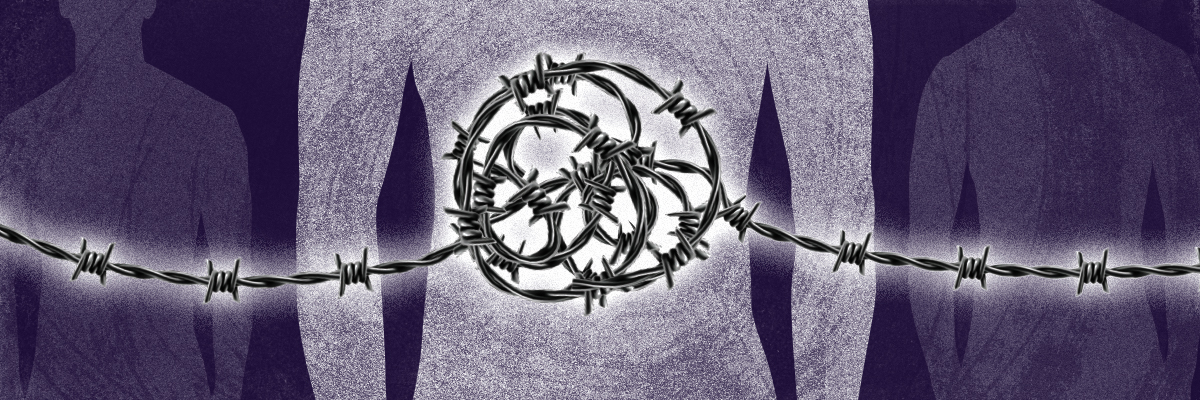Top 10 Tips for an Anxious Teenager.
A recent global survey revealed that anxiety levels are high in UK schools with disadvantaged pupils worse affected. The survey carried out by the OECD will add to growing concern about the mental health and wellbeing of young people in the UK. Almost a quarter of British pupils say they are being bullied a few times a month, while more than 14% say they are bullied frequently, making the UK the fourth worst affected of all 34 countries surveyed.
Teachtalks asked the speaker and author Rachel Kelly for her Top 10 Tips for an Anxious Teenager. Rachel speaks and writes about her experience of depression and recovery to help educate and break stigma that surrounds mental health.
Tip 1: Breathing
When we are anxious, our breathing becomes fast and shallow. When we breathe more slowly this forces our racing minds to slow down as well. It can help to close one nostril with a finger – this means we breathe at half the rate to normal, rather like when we have a cold.
Tip 2: Avoid Alcohol
Initially, alcohol can make us feel happy – but pretty quickly this effect is reversed. Alcohol literally depletes the bit of our brain that is responsible for making us feel happy, and contributes to insomnia too.
Tip 3: Generosity to Others
Being kind to others has a very real effect on our happiness. We become kinder to ourselves.
Tip 4: A Happy Diet
A good breakfast helps keep me and my mood steady. Experiment with porridge, poached eggs, oatcakes and goat’s cheese or sourdough with some peanut butter, instead of your usual breakfast. During the day, eat lean protein, whole grains, pulses, fish, fruit, nuts, cereals and olive oil – all of which again help to stabilise your mood. Try and avoid the quick fix of a chocolate biscuit, it can play havoc with your mood, sending it whizzing up, then down again. I think a vitamin B supplement is also a really good idea.
Tip 5: Insomnia
Worrying about not sleeping is far more damaging than actually not sleeping. Our bodies make sure we get the sleep we need as long as we can be flexible about when we sleep, and catch up when we can. If you become tense when you feel you should be asleep and are not, try practising muscle relaxation and breathing techniques.
Tip 6: Be Compassionate
Develop a more compassionate, accepting inner voice, which you can call upon to help you counteract negative thinking. Healing mantras act as a balm for my hurt mind. Two of my favourites are ‘My strength is made perfect in weakness’ (2 Corinthians 12:9) and ‘You are a child of the universe, no less than the trees and the stars; you have a right to be here’ (Max Ehrmann’s Desiderata). I stick these on my bathroom mirror and use them as gentle reminders to carry on in moments of everyday adversity.
Tip 7: Learn to Practise Mindfulness
Mindfulness is a non-judgmental way of focusing attention on what we are experiencing in the moment. It can be hard when are minds are full of negative thoughts. My challenge has been incorporating this into my everyday life. The answer has been to make an everyday activity a mindful one: I use hand-washing. I pay particular attention to the sensation of cold water, the sound of the tap, the smell of the soap. These mindful moments provide full stops amid the rush, and a reminder to slow down.
Tip 8: Read Poetry
Poetry has proved to be a lifeline for me. It is free, has no side effects and helps fill up the spaces otherwise occupied by my insistent worries. It helps with my insomnia (I can learn a poem in the middle of the night); makes me feel less alone (my poets have become friends), and gives me words to describe how I am feeling when I cannot find them for myself.
‘Love bade me welcome, but my soul drew back/Guilty of dust and sin.’ (George Herbert). For me, that is what depression feels. Other top poems include Hope by Emily Dickinson and Invictus by William Ernest – so inspiring for times when I need to find courage.
Tip 9: Exercise
Research shows that exercise can be as effective as some drugs. We all know about endorphin highs, but I’ve never been sporty and have a fear of gyms. I do, however, like getting things done and so love combining chores with exercise – both are less boring as a result. So I bicycle to pick up my son from school. I ring the gas company on speaker-phone while I sweep the back garden. I’ve also learnt that I shouldn’t do nothing just because it suits my inclination. Even a few stretches can help, or a short walk, especially outside – we all know the medical and psychological benefits of vitamin D and sunlight. Finally, I do a weekly dance class with a friend that I can’t easily get out of without letting her down.
Tip 10: This one is for you…
 This is for you to come up with yourself.
This is for you to come up with yourself.
The worst thing about being depressed is people like me telling you what to do. It’s a bit like being a first-time mother when all the other mothers tells you how to burp the baby. Or a teenager who is endlessly given advice… Remember that you know best. Make a list of your own top warning signs that an episode of depression might be on the way. Print it out, make a few copies, laminate them and put them in strategic places – on the bathroom mirror, in your bag, or hidden inside your desk. And if one day you can’t get up, your mind consumed by darkness, be as gentle as you can on yourself. This too will pass.
Rachel Kelly
Rachel now speaks publicly about her experience of depression and recovery to help educate and break stigma. She is an official ambassador for Rethink Mental Illness, Young Minds, Sane and The Counselling Foundation, and her latest book ” The Happy Kitchen: Good Mood “ food was published in January 2017.







